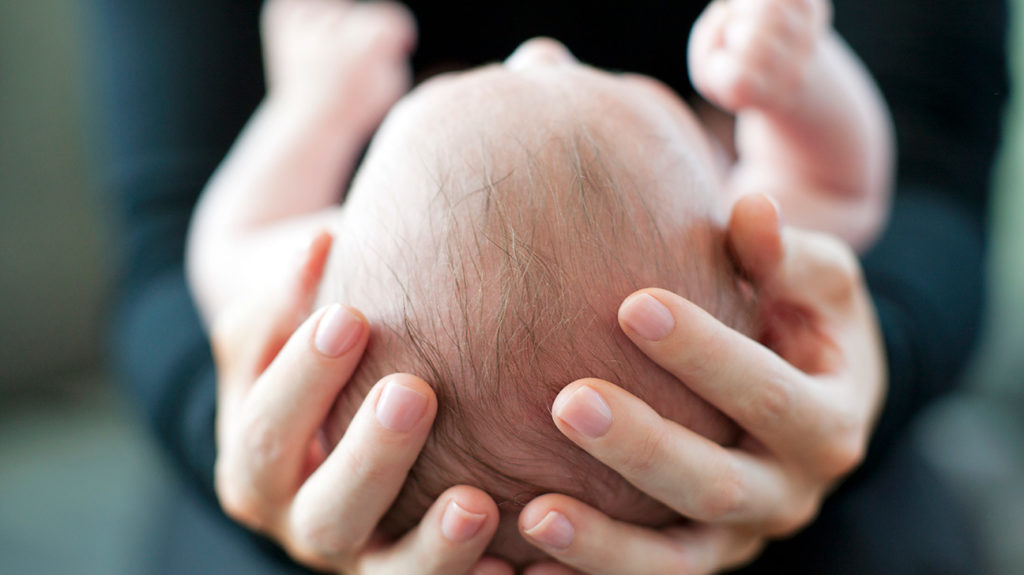
image credit- getty images
The Paediatric Surgery Unit of the Faculty of Medicine, Universiti Kebangsaan Malaysia (UKM), sees the culmination of a three-year effort when their international collaborative research found that the survival of a baby born with a birth defect is geographically dependent.
The study, which was published in The Lancet, examined the risk of mortality for nearly 4000 babies born with birth defects – otherwise known as a congenital anomaly – in 264 hospitals around the world.
The research was spearheaded by Senior Consultant Paediatric Surgeon at the Faculty of Medicine UKM Professor Dr. Dayang Anita Abdul Aziz as institutional, country and regional lead for ASEAN. It saw the collaboration of 1387 researchers from 74 countries.
In low-income countries, babies born with intestinal birth defects have a two-in-five chance of dying, compared to one in five in a middle-income country and one in twenty in a high-income country, according to the study.
The team of researchers stressed the need for a focus on improving surgical care for newborns in low and middle-income countries globally.
"We can make a difference in these newborns if we equip the hospitals with a complete team of experts, namely neonatologists and paediatricians, paediatric surgeons, paediatric anaesthetists, availability of intensive unit care, antibiotics and parenteral nutrition," Professor Dr. Dayang Anita said.




